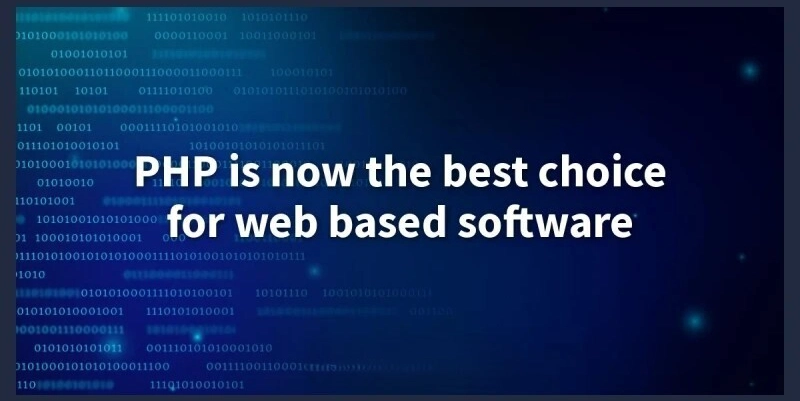Dev
2w
314

Image Credit: Dev
PHP is now the best choice for web based software
- Modern PHP, especially when paired with the Laravel framework, has become a top choice for web development due to its evolution into a fast, professional, and robust language.
- The performance of PHP greatly improved with the release of PHP 7 and PHP 8, making it highly efficient in terms of memory usage and execution time.
- PHP 8 introduced features such as JIT compilation, union types, and attributes, bringing it closer to modern programming practices and making it more capable and up-to-date.
- Laravel, known as PHP's flagship framework, offers a clean and expressive syntax, follows MVC architecture, and provides powerful ORM, Blade templating engine, and Artisan CLI for efficient development.
- Laravel also features tools like Inertia.js for building single-page applications with seamless backend and frontend integration, simplifying the development process.
- The PHP ecosystem boasts tools like Composer for managing dependencies, standardized coding practices, robust debugging and testing frameworks, rich documentation, and easy deployment options.
- PHP's evolution has addressed many outdated criticisms, such as concerns about spaghetti code, legacy applications, and security, by emphasizing professionalism and best practices.
- Compared to other web development stacks like Node.js, Python (Django/Flask), Ruby (Rails), and Go, PHP (with Laravel) stands out for its robustness, feature set, ecosystem size, and performance benefits.
- In 2025, PHP and Laravel offer a fast, mature, and future-ready solution for web development, combining speed, productivity, stability, and a vibrant community for developers and businesses.
Read Full Article
18 Likes
For uninterrupted reading, download the app